Children who experience trauma suffer not only in their childhood but throughout their entire life and adulthood. Many people deal with their childhood trauma is to deny its existence in order to protect themselves. But it actually results in them stuck in the cycle of denial and becoming prisoners of a negative emotional cage.
Why do people think they had a good, normal childhood, or deny childhood trauma and its results altogether?
I often hear people say things like:
My childhood was normal.
Yes, there were some good things and some bad things – but that’s life.
My mother got sad, distant, or angry when I didn’t perform well or acted badly, and my father sometimes hit me with a belt – but it was for my own good. All of this helped me to become a better person – and I’m thankful for it.
Yes, sometimes I feel depressed, very lonely, or empty – but we all feel like that.
My parents were strict, but they loved me and I turned out fine.
Yes, some people experienced a lot of abuse growing up, but I was never traumatized, and I don’t have any inner wounds.
I look at people, and I can very easily see the symptoms of childhood trauma. I see children being abused, and I see grownups with numerous inner wounds that resulted from being traumatized. It’s obvious to me. I see childhood trauma and its effects everywhere around me and all around the world. I see it today, and at any time in human history.
To me, people who deny it look like this:
My leg is severely bleeding, and I’m limping – I have a strong, healthy, fully-functioning leg.
Do you see all these bleeding people? They are completely fine.
Yes, I have been stabbed in the leg with a knife – but I deserved it, and it was for my own good.
Sure, if people say that their childhood was normal, i.e., like other peoples’, then they are right. However “normal” doesn’t mean normal, i.e., healthy and happy – it just means normal, i.e., the social norm.
But if objectively childhood trauma and its effects are such a common phenomenon, both today and historically, then why so many people deny it?
The fundamental reasons why people deny childhood trauma and its effects on their adult life are:
1. Dissociative amnesia
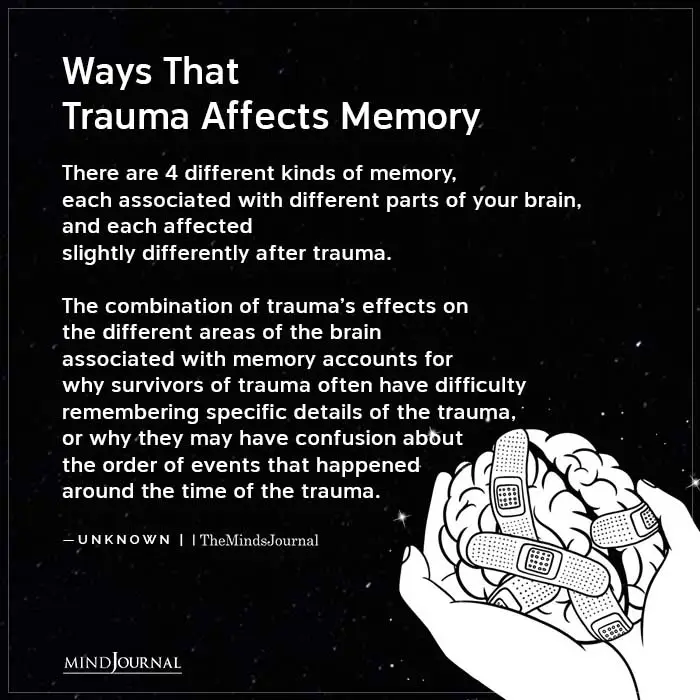
Do you know people who don’t remember their childhood, or remember it very vaguely? People who can’t remember years, even decades of their lives?
When children experience severe and prolonged trauma, they often forget it if it feels that retaining this information in your consciousness is too dangerous. When you’re a child it’s often the case. Therefore traumatized children have no other choice but to dissociate. This means pushing your painful experiences into your unconsciousness.
These memories don’t come up consciously if you’re emotionally not ready for it. When people start to heal and grow stronger, they slowly begin to remember and process important – although sometimes very painful – information about their lives.
Read How To Heal From Childhood Trauma When It’s Hampering Your Mental Health
2. Ignorance and indifference
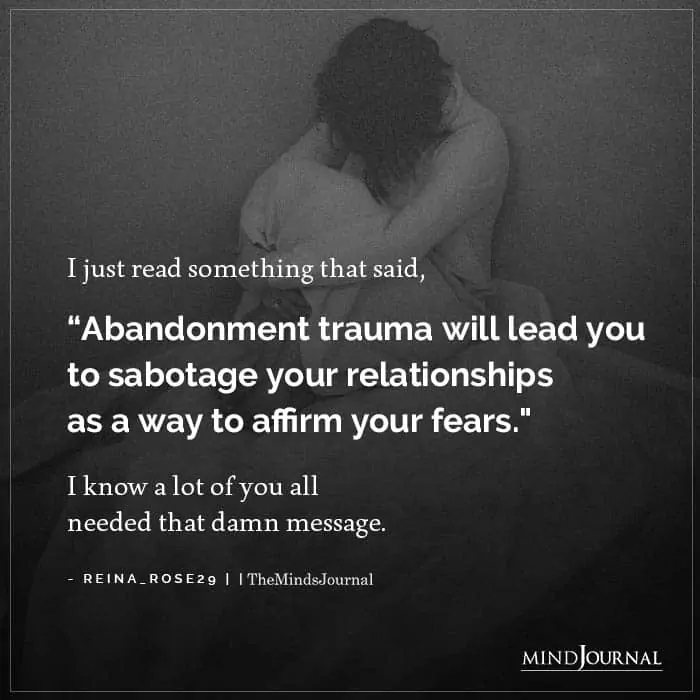
Children don’t know what is abuse, neglect, abandonment, trauma, post-traumatic stress, mental health, healthy childhood, how a healthy human being looks like, and how a healthy relationship looks like. Children don’t have a point of reference, a comparison; they don’t understand their parents’ psycho-emotional history and the socioeconomic status of their environment. They only know what they have experienced and been taught.
For example, if the mother hits her child, the child doesn’t understand all the complex circumstances that led to it. (Often the mother doesn’t understand that too.) All the child knows is that their mother hit them and it hurts – and that they need their mother to survive. Therefore it’s extremely traumatic, and the circumstances that led to it don’t invalidate the child’s reactions and emotions.
If the traumatized child grows up, and they haven’t explored their history and the topics of trauma and mental health, they will remain ignorant and indifferent. Sadly, the majority of people are ignorant and indifferent about it. A lot of them do EVERYTHING to remain ignorant – and many of them succeed – since exploring your past and people around you is extremely painful for them. More painful than nonliving.
So it’s not surprising that there is so much dysfunction around us, and that the understanding of mental health is so skewed.
3. Stockholm syndrome
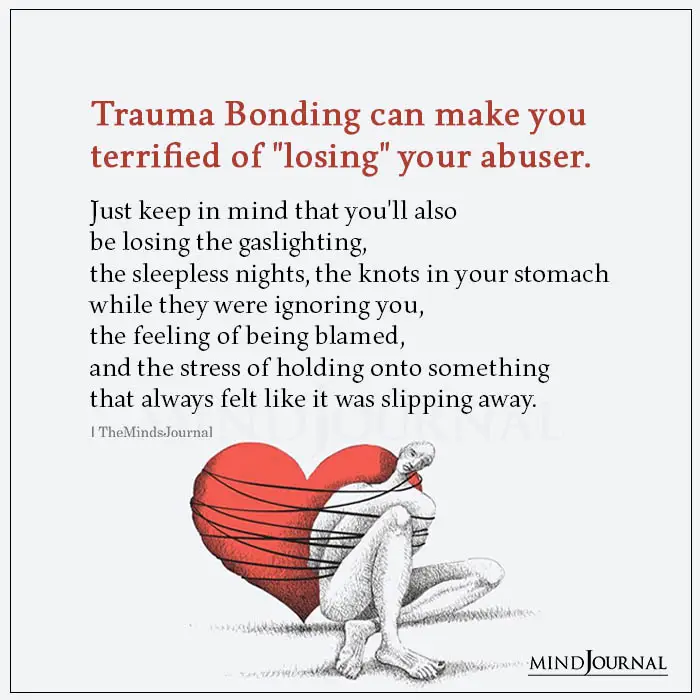
Children who live in an unhealthy environment dissociate and bend reality so that they could survive. “My mother is bad to me. I need my mother to survive. I can’t survive if my mother is bad, and I can’t have another mother. Therefore my mother is good.”
Stockholm syndrome is a psychological phenomenon in which the victim empathizes with their abuser, justifies and defends them, or even feels pleasant feelings towards them (for example, think that there’s love between them). This unhealthy bond is seen between a child and their caregiver, a sexual abuse victim and their molester, in unhealthy romantic relationships or friendships, and in another kind of relationship where power disparity is present.
Read 4 Ways That Childhood Trauma Impacts Adults
4. Dysfunctional rules / Imposed guilt, shame, and fear
Love your parents! Respect your elders! Listen to authority! Be nice/good [i.e., obedient]! Don’t trust yourself, you don’t know much! Don’t ask questions! Don’t talk back! Don’t make mistakes! Don‘t feel this way! Get over it! Boys don’t cry! Good girls always do what they are told!
If children are traumatized and not allowed to rationally judge their parents’ and other people’s behavior, they start to idealize them, blame themselves, and justify the abuse they suffer. These are the origins of chronic guilt, shame, self-blame, and self-doubt. Emotionally, this is very painful, therefore children (and later as adults) want to avoid this pain, get rid of it, or alleviate it. It’s easier to just say, “My childhood was normal,” and continue the dissociation process.
5. Inability to think rationally
Because most people have experienced significant trauma that is related to thinking and as adults haven’t learned how to think rationally, they don’t have the skills to do it properly.
A lot of people don’t know how to objectively evaluate themselves (self-esteem issues), others (trust and poor judgment issues), and the world itself (lack of fundamental understanding of how the world works and various reality distortions). Such people not only lack understanding of what is true, but they don’t know HOW to figure out if something’s true or false.
Since such people lack the ability to think, their belief system, worldview, and daily judgments are for the most part based on their emotions they don’t understand, and not so much on a complex rational evaluation. If it feels good, then it’s true/good; if it feels unpleasant, then it’s false/bad. And afterward, a rationalization is made (since we can’t consciously say to ourselves that it’s true just because it feels good or just because I want it to be true).
Our culture is based on denial, insecurity, inconsistent rules, conformity, and appeal to emotion – not on truth, genuine empathy, consistent and universal principles, individuality, and appeal to reason.
6. Social fear
As children, in most cases, people are just not allowed to talk about the abuse they have suffered. As adults, people avoid to acknowledge the trauma they have experienced and its results, because they are still afraid of other peoples’ reactions: of mockery, minimization, condemnation, laughter, incomprehension, justification of their abusers, attack, etc.
If Person A tells Person B that Person A had a painful childhood and that he sees the results of child abuse all around them, Person B willingly or unwillingly has to think about his own childhood at least for a little while. It’s very likely that Person B also had a difficult childhood. Therefore for Person B to accept and validate Person A’s traumatic experience would mean – at least to some extent – to accept the painful truth about his own past, current relationships, and society.
That would be extremely painful. It’s easier for Person B to act in such a way that Person A would stop talking so that Person B could retain the fantasy called “I’m OK; everything’s fine.” He can achieve that by using denial, minimization, mockery, angry attack, distraction, and other tactics mentioned in the previous paragraph.
Even though it’s true that we are adults now, it’s a different situation, we are not helpless children anymore, and we can speak the truth, but such social reactions for many people can still be very painful and re-traumatizing.
Toxic people will shun or attack you for speaking about child abuse. Childhood trauma is still a taboo and “norm” in today’s society – and talking “bad,” i.e., the truth, about the people who had power over you (your teachers, priests, and especially family members) is not acceptable. So it’s understandable that even though some people acknowledge the truth on some level, they still might be afraid to talk about this topic openly.
Read The Impact and Long-Term Effects of Childhood Traumas and Complexes
7. Parental guilt
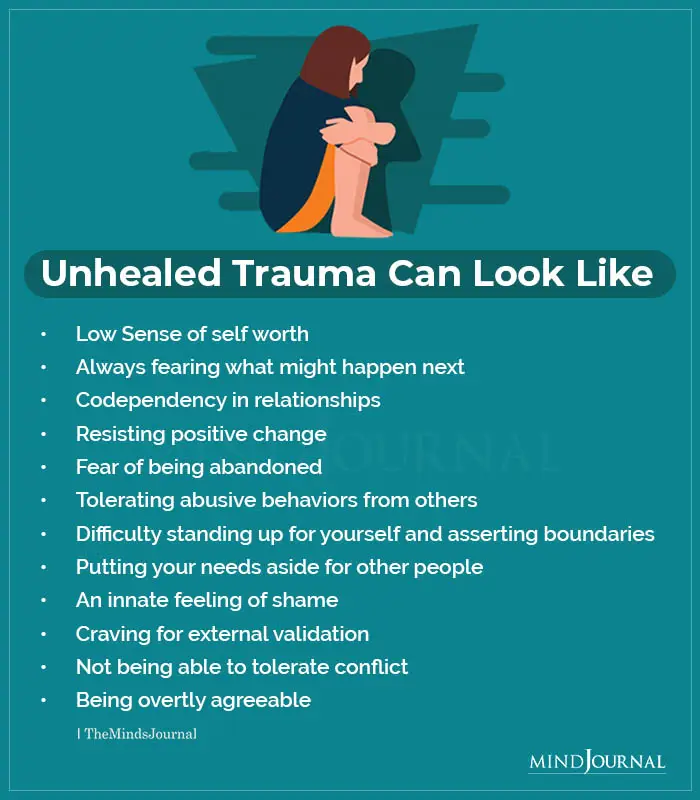
It’s even harder to look into the topic of childhood trauma if you already have your own children. In this case, you’re not only dealing with all those complex challenges mentioned above, but there is an additional layer of difficulty: parental responsibility. If you have children before resolving your own personal history and healing your inner wounds, you’ll inevitably traumatize them (it doesn’t matter whether it happens deliberately or ignorantly and with the best of intentions – see Reason #2).
If you’re a parent, then this subject is extremely difficult to explore because you’re not only processing your relationship with yourself, your parents, teachers, friends, romantic partners, society in general, but also with your child – a person that you’re responsible for.
To understand that you have suffered decades of severe trauma and that you have numerous inner wounds is hard enough. But if you have your own child and you start to acknowledge the trauma they have suffered because of you, then this whole process is exceedingly difficult.
8. Lack of empathy
I have written about empathy in my previous articles called “Empathy And Laughing At Others’ Misery” and “The Cycle of Child Abuse and How to End It” therefore I won’t repeat myself here. But in short, empathy is probably one of the most important factors in ending the cycle of child abuse and living a truly prosperous life.
You can’t feel genuine empathy or sympathy towards others if you are emotionally detached from yourself and your child-self. And you can’t have genuine self-empathy or sympathize with yourself if you haven’t done a significant amount of self-work.
Conclusion
Probably there are more reasons why people deny childhood trauma and its effects, and, as you can see, they are interrelated.
The denial of childhood trauma links to fear/safety (“It’s not safe to think or talk about this and feel how I feel”), and to the dysfunction of one’s emotional and cognitive apparatus in general. This is an extremely painful sphere to explore, and doing so requires a lot of courage, mental capacity, strength, determination, patience, support, and other resources.
So, for those of you who are on this self-archeological journey, who are courageously trying to end the cycle of child abuse, heal, and prosper – I admire you! I know from experience how difficult it is; it can be a very painful, sad, lonely, stressful, and sometimes seemingly hopeless experience, so I really admire your courage.
Written by Darius Cikanavicius
Originally appeared in Self-Archeology
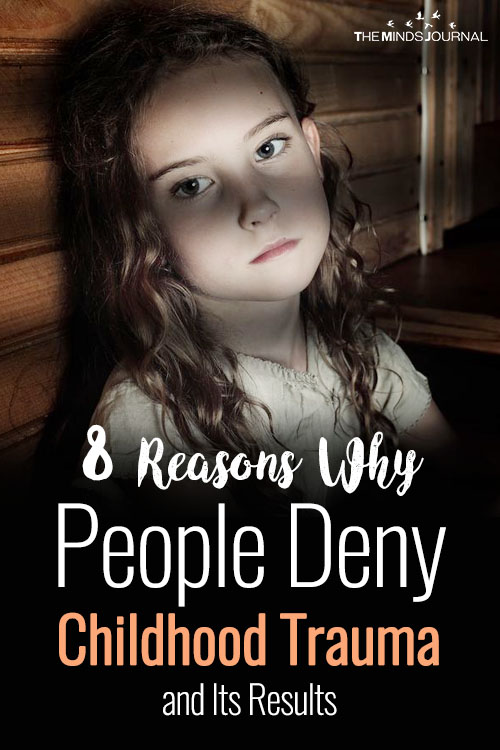
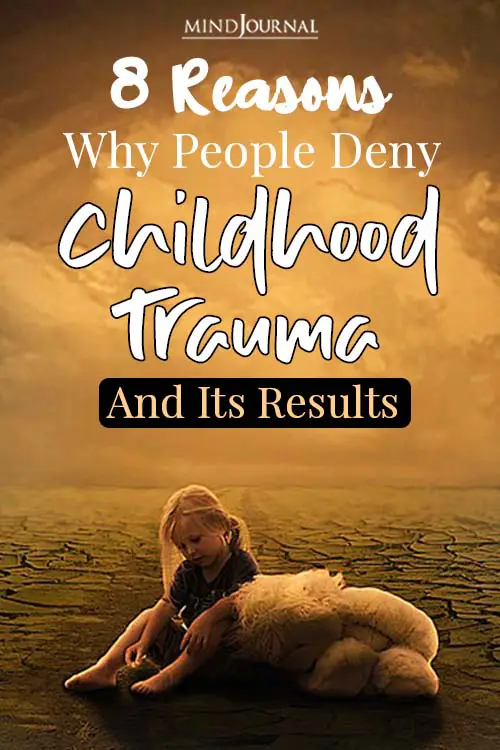
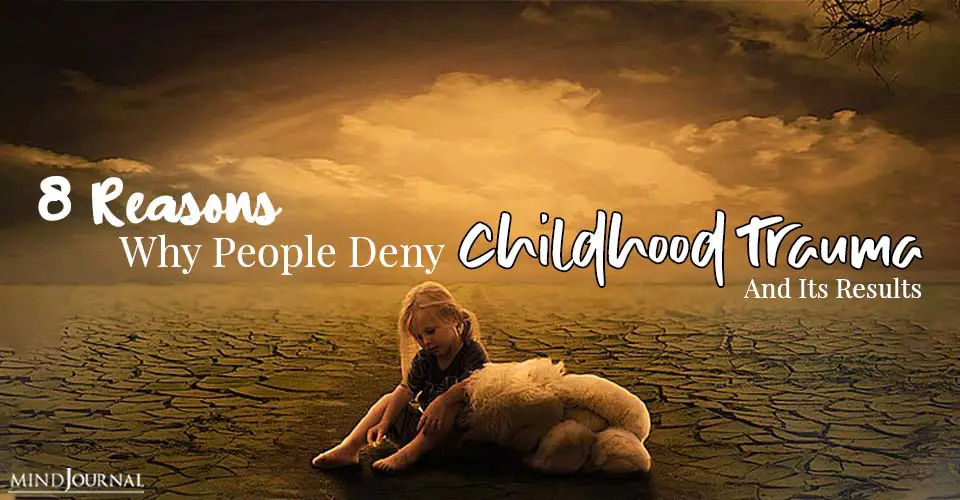
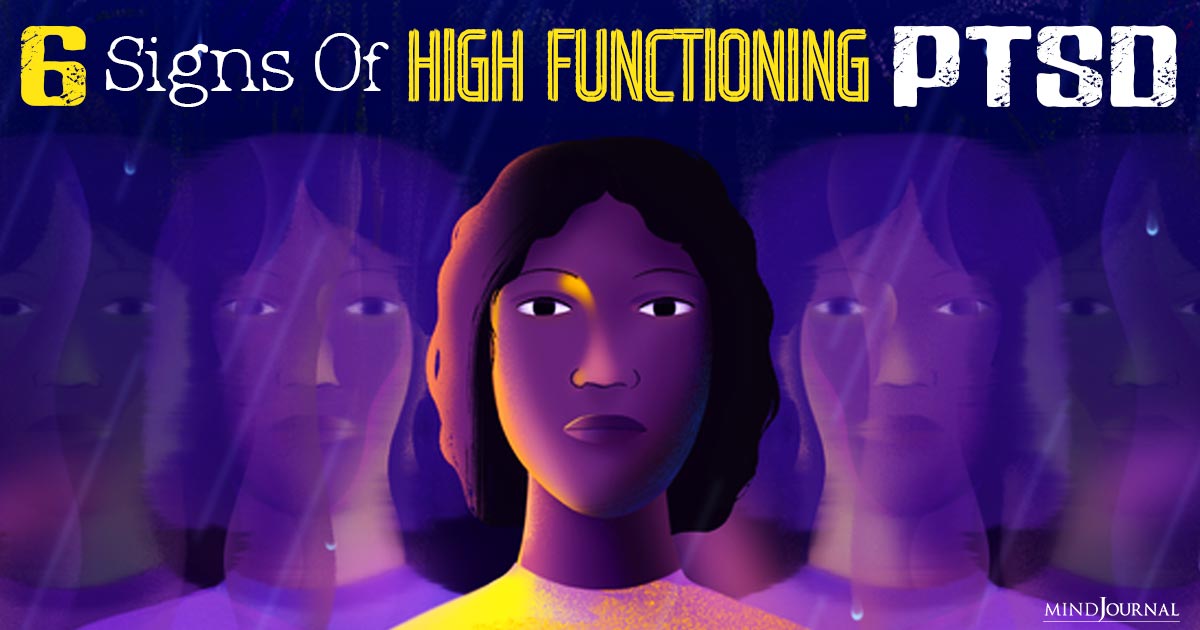
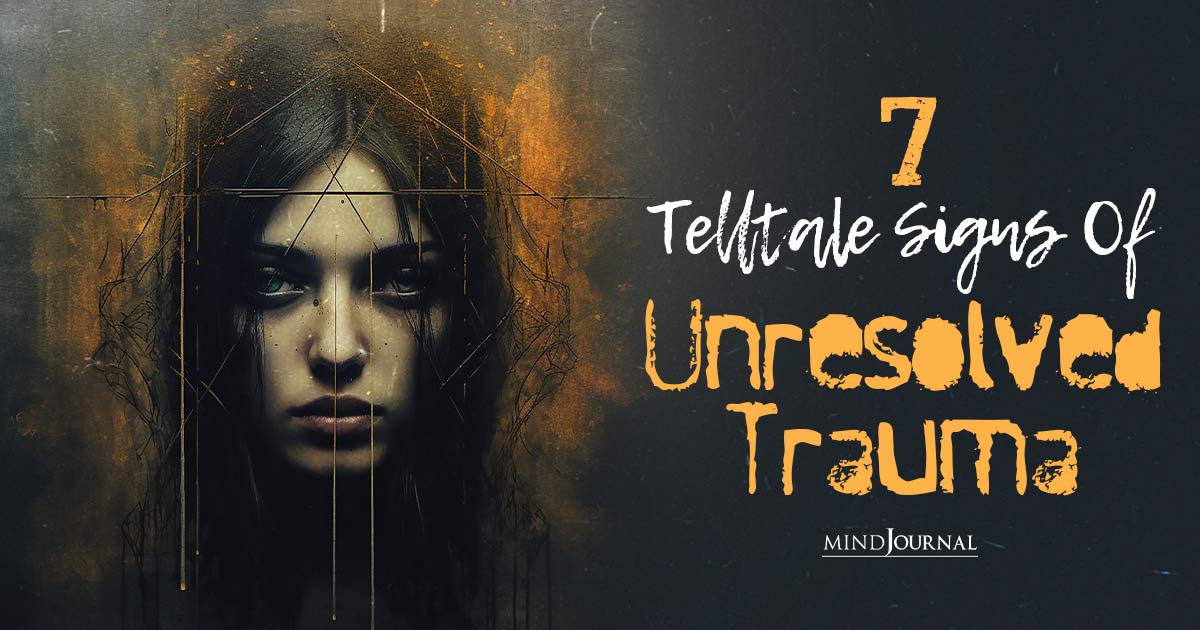
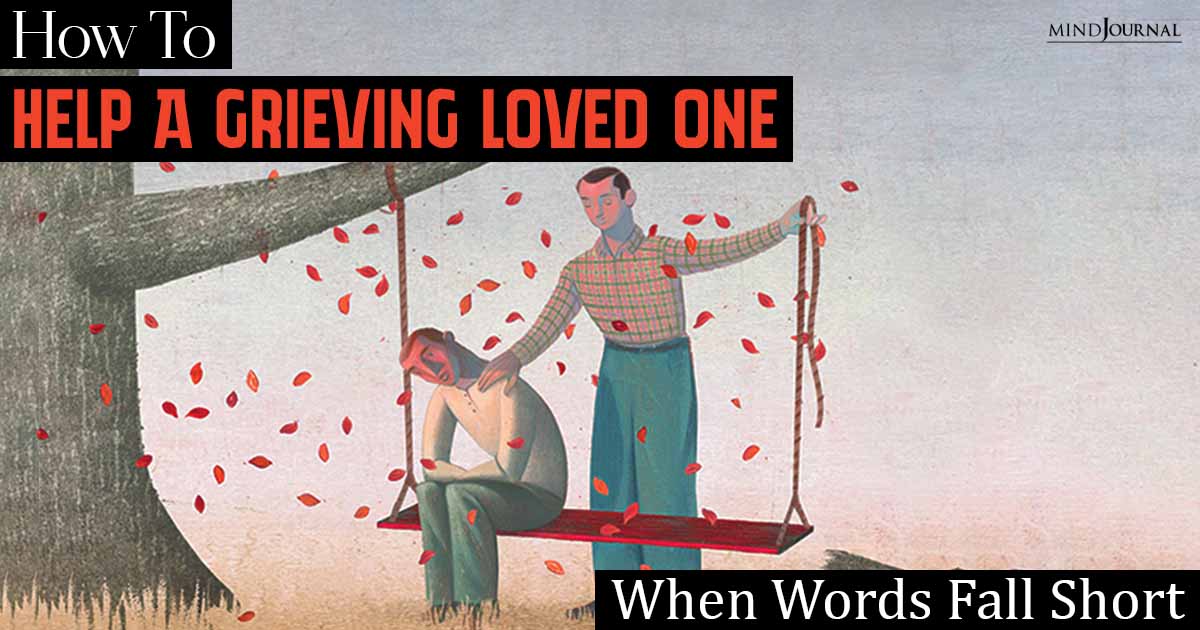
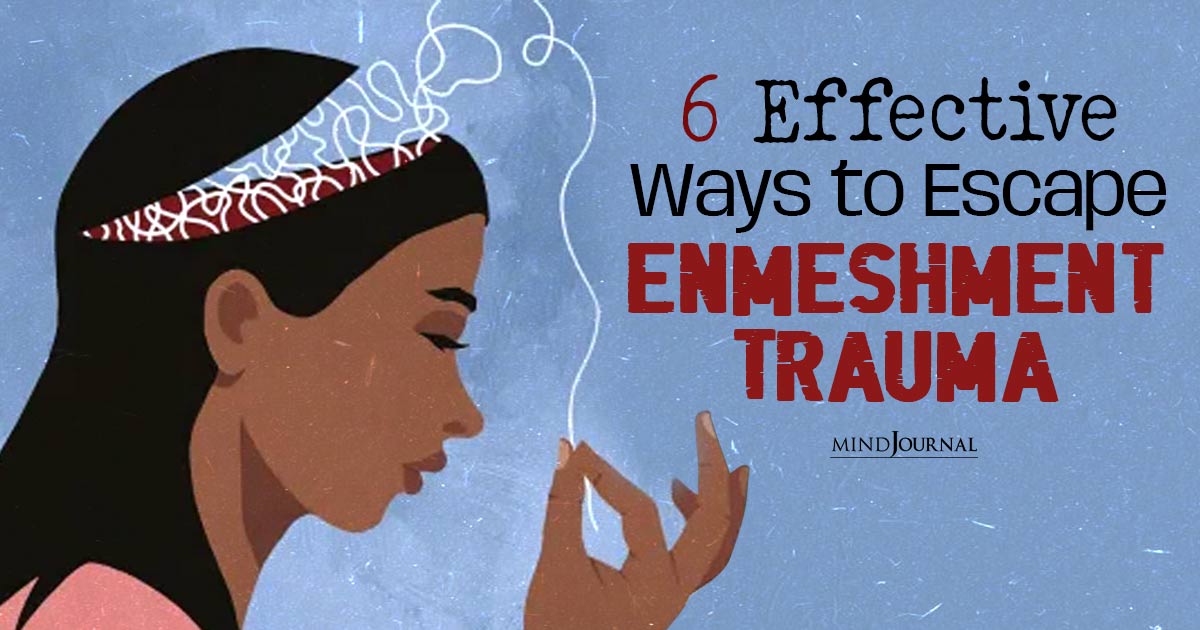
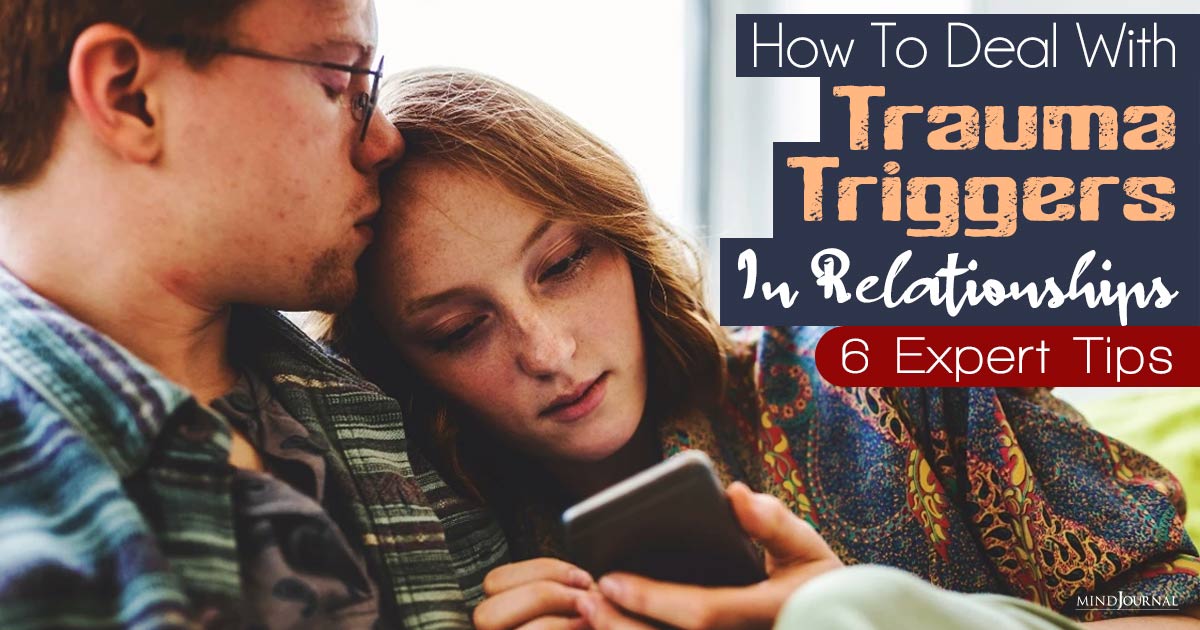
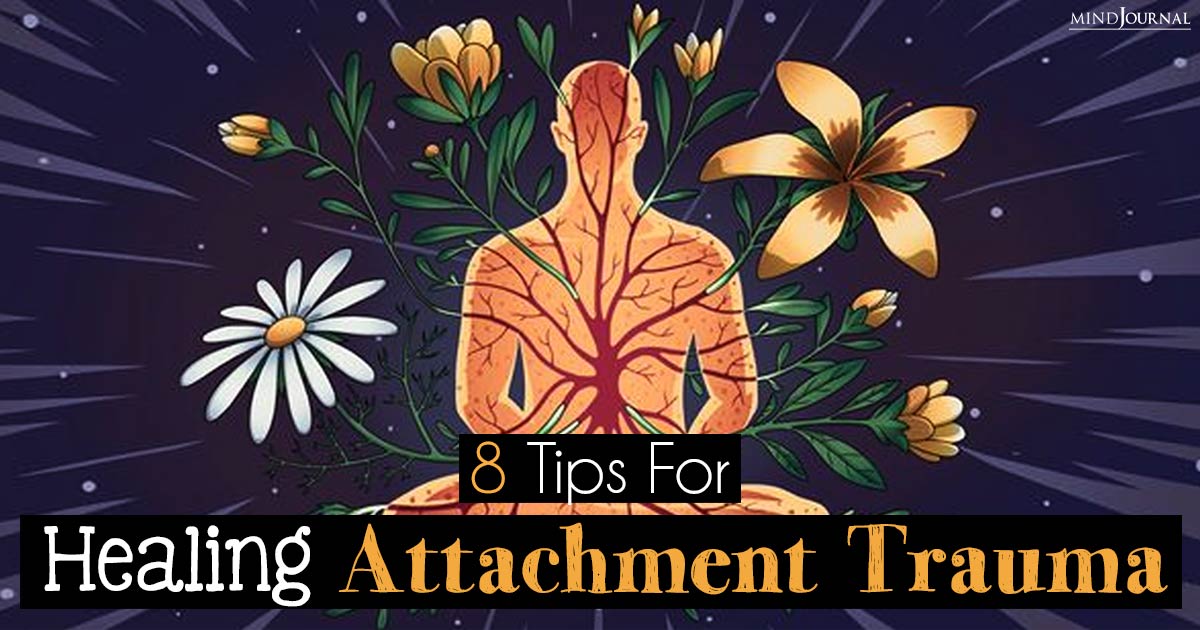
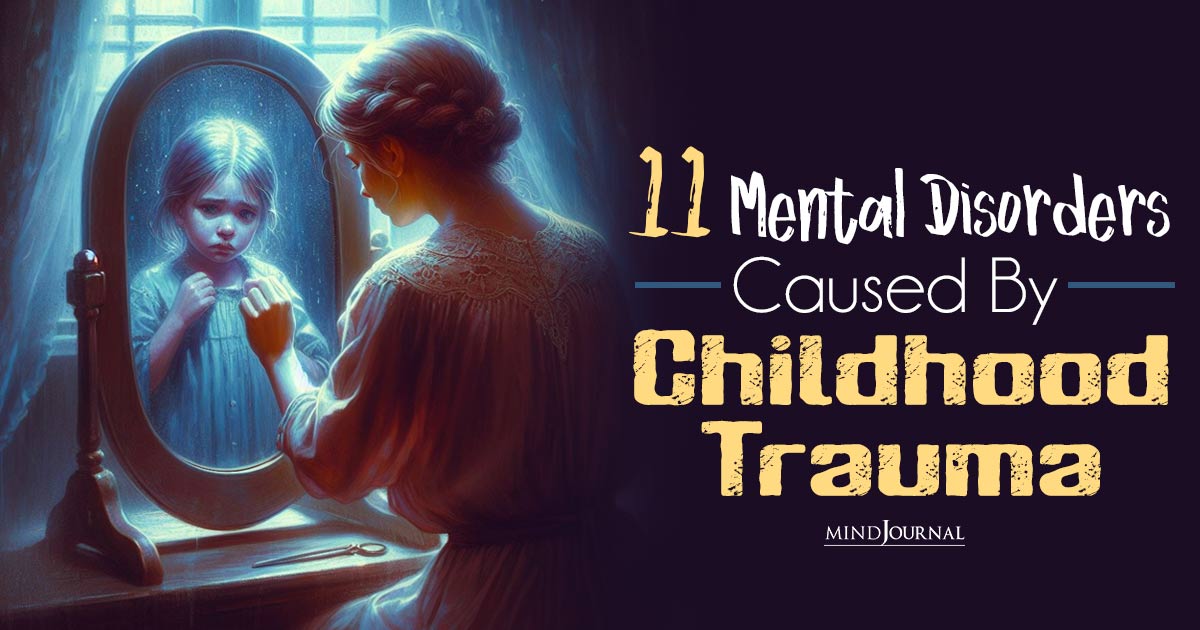
Leave a Reply
You must be logged in to post a comment.